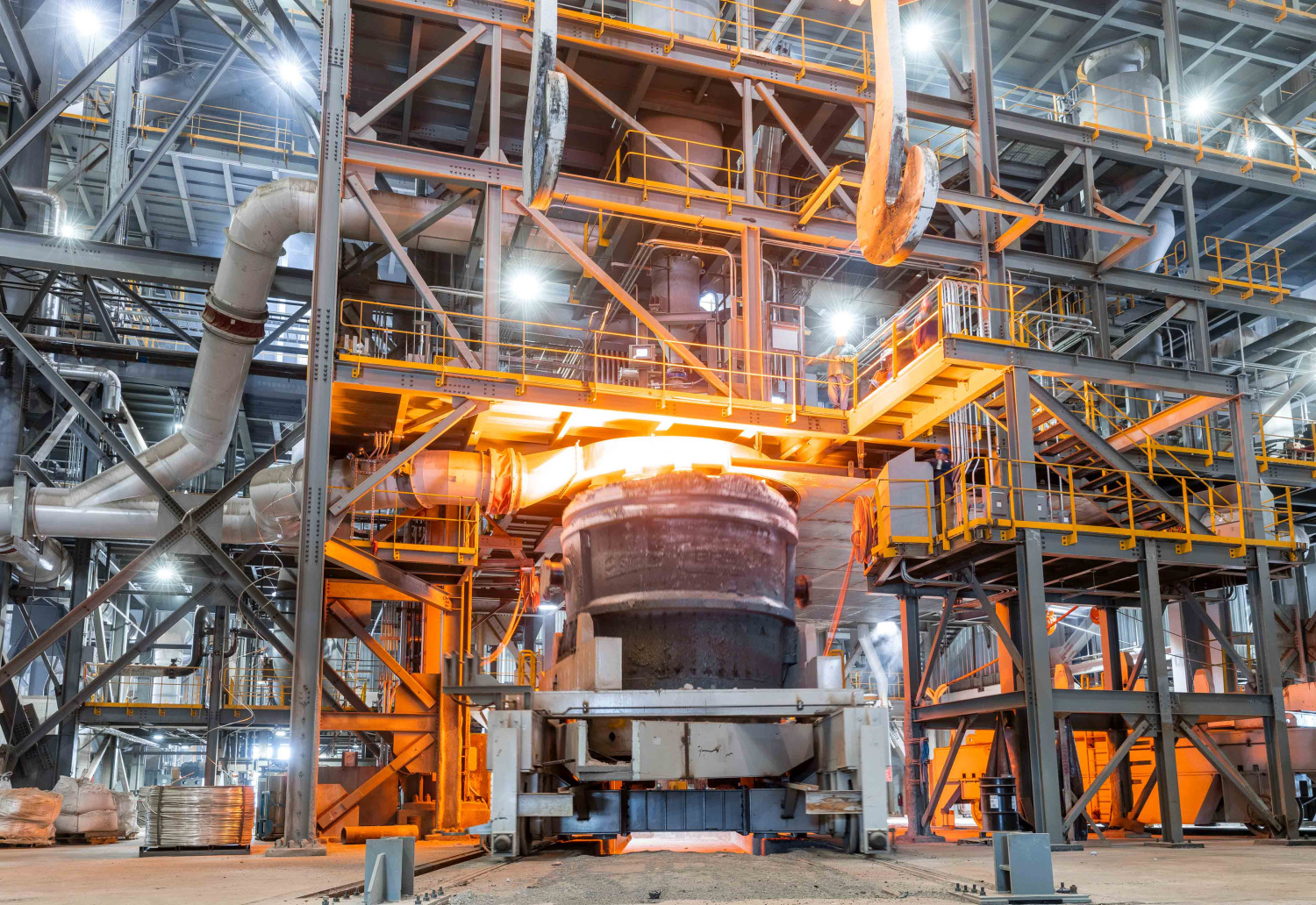
(Photo : US Steel Corp)
US Steel corp
- An arbitration board has approved Nippon Steel's $14.9 billion buyout of U.S. Steel, despite opposition from the United Steelworkers union.
- Nippon Steel has expressed its commitment to building a productive relationship with the USW, amidst political contention over the buyout.
- The deal's future holds risks, with U.S. Steel warning of severe consequences, including potential job losses and mill closures, if the deal falls through.
- The situation mirrors the blocked buyout of Canadian steelmaker Dofasco by ThyssenKrupp in 2006, highlighting the complex interplay of corporate, labor, and political interests.
The steel industry is abuzz with the recent announcement from U.S. Steel that an arbitration board has ruled in favor of Nippon Steel's $14.9 billion buyout of the company. However, this decision has been met with resistance from the United Steelworkers union, which has expressed its disagreement with the ruling.
The arbitration board, a body jointly selected by the company and the union to resolve disputes, has determined that U.S. Steel has met all the conditions of the successorship clause in its basic labor agreement with the United Steelworkers (USW) union.
Despite the ruling, the USW union has maintained its opposition to the deal. The union stated, The arbitrators accepted at face-value Nippon Steel's statement that it would assume the Basic Labor Agreement.
However, it added that the decision did not alter its stance against the buyout. This underscores the tension between the union and the company, a dynamic that is not uncommon in such high-stakes corporate transactions.
Political Opposition and Nippon Steel's Commitment
Nippon Steel, for its part, has expressed its commitment to building a productive relationship with the USW. The company stated, We remain focused on forging a productive relationship with the USW, which includes fulfilling our commitments that go far beyond what is currently required in the existing BLA.
The buyout has been a subject of political contention since it was signed in December of last year. High-profile political figures, including Democratic presidential candidate Kamala Harris and her Republican challenger Donald Trump, have voiced their support for U.S. Steel remaining American-owned.
This reflects a broader political discourse around the preservation of American industries and jobs, a theme that has been particularly prominent in recent years.
Nippon Steel's decision to pay a substantial premium to secure the deal for U.S. Steel was a strategic move, predicated on the potential benefits from U.S. President Joe Biden's infrastructure spending bill. This legislation, which aims to revitalize the country's infrastructure, could provide a significant boost to the steel industry.
Potential Consequences and Historical Parallels
However, the deal's future is not without risks. Earlier this month, U.S. Steel issued a warning that a failure to finalize the deal could have severe consequences, including the potential loss of thousands of U.S. union jobs. The company also indicated that it might have to close some steel mills and possibly relocate its headquarters from the politically significant state of Pennsylvania.
This situation bears some resemblance to the attempted buyout of Canadian steelmaker Dofasco by German steel giant ThyssenKrupp in 2006. The deal faced opposition from the United Steelworkers union and was eventually blocked by a Canadian court. The parallels between these two cases highlight the complex interplay of corporate, labor, and political interests in such transactions.
The arbitration board's ruling marks a critical juncture in this ongoing saga, but the ultimate outcome remains uncertain. As the situation continues to unfold, all eyes will be on the key players involved and the decisions they make in the coming weeks and months.









